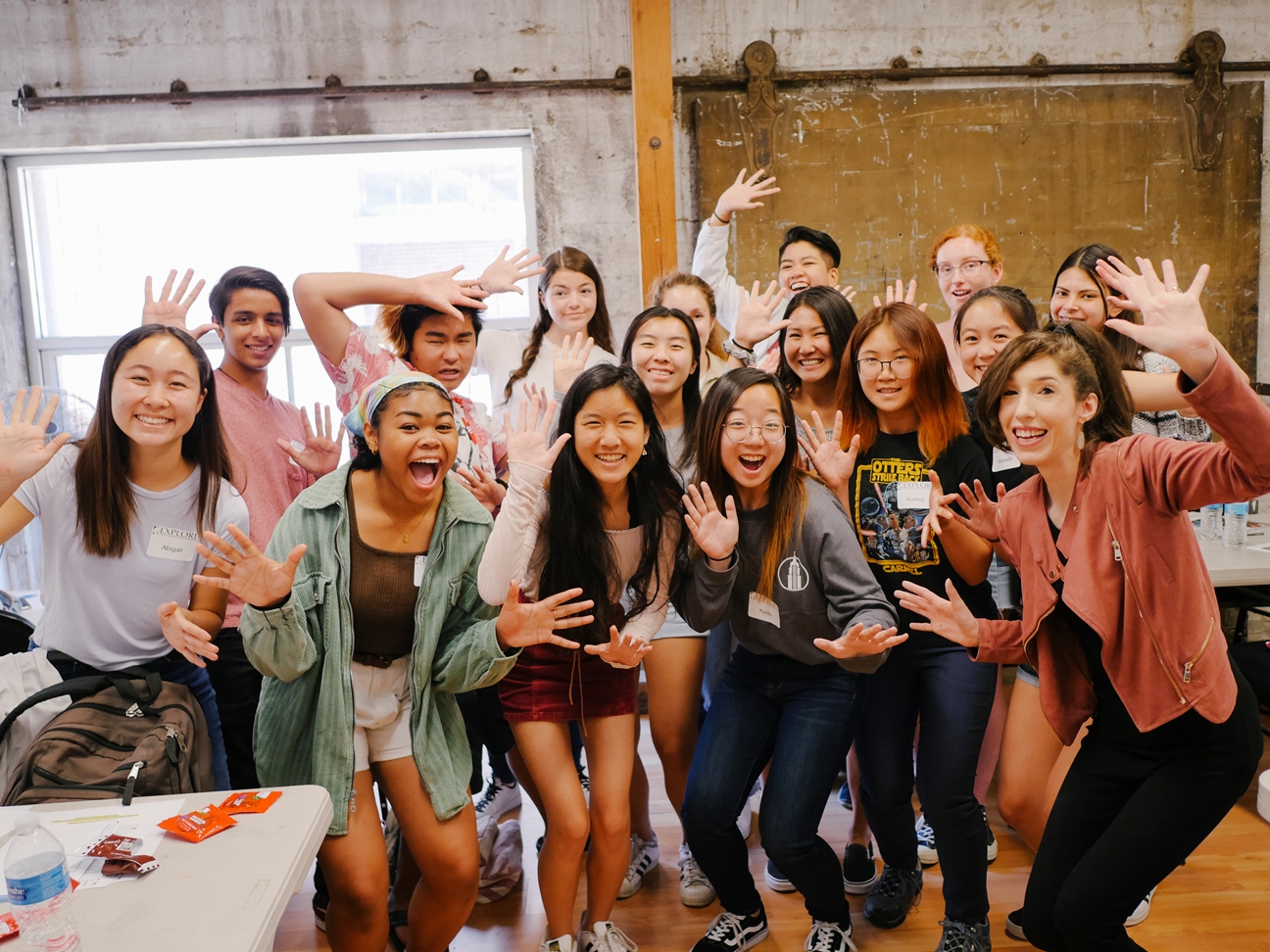By Anvi Kevany, Administrative Assistant
I started my volunteer work as a teenager, when my local group needed participants to join their choir to perform at nursing facilities. In addition, our high school highly encouraged students to volunteer their time, either at school or within the community, way before schools required students do a minimum of volunteer time during the school year.
Subsequently, my first important job was as an assistant at a Head Start program in the San Fernando Valley. Project Head Start was a great proponent of parents volunteering and becoming engaged within the educational and neighborhood community, whether the volunteer work took place in one’s home cutting crafting paper; or being a part of a committee that made important decisions for the program or the community.
Ever since, I have been a volunteer at my children’s schools and my community for several years, whether it was getting our neighbors together to start a Neighborhood Watch, or organizing and running the school Book Fair. I wanted to instill on my children that part of being a productive community member is giving your time, and sharing your knowledge, expertise or special skill; that volunteering is one way of giving back to the community, whether it’s the school community, your neighborhood community, a community struck by disaster or a community that may be distressed or hurting.
It is not surprising that the findings on research about volunteering result in a number of important benefits.
Social Impact: Volunteering encourages you to make friends and connect with others. It can help increase your social network and strengthen your ties within your community. You may meet others that share the same interests, hobbies and have the same neighborhood resources.
Physical and Mental Health: Volunteering has many physical and mental health benefits, including becoming more physically active, feeling less isolated and raising your self-confidence and self-reliance. It helps counteract the effects of stress, anger and anxiety. This is especially true for volunteers that work with animals.
Job Skills: You can increase your job skills or advance your career by volunteering at places that will help you acquire those skills or enhance skills you already have. For example, volunteering your time to help fundraise may help improve your skills in communication, marketing and outreach. In addition, some organizations provide workshops or pay for their volunteers to attend seminars or workshops to help improve their knowledge base or particular skills.
There are so many ways to volunteer, some more time-consuming than others, but no matter how much time you volunteer, the benefits are valuable, both to you and the organization. Here are some suggested places that need volunteers: your local community organization such as your neighborhood council or community art center, hospitals, non-profit organizations, libraries, parent/teacher organizations, schools, churches, animal shelters, crisis centers, to name a few. IEA also needs volunteers in various roles, from office help to attending outreach events.
Also, there are organizations that specifically focus on matching volunteers with organizations. Two of them are Giving Tuesday and Big Sunday:
Giving Tuesday (today!) is a global day of giving fueled by the power of social collaboration. Giving Tuesday has created a directory to help you find organizations, charities, events and more in your own community.
Big Sunday is an organization that connects people through helping by offering 2,000 ways for people to help out every year.
For more information on how you can help change the life of a gifted child through the gift of volunteer time or a financial contribution, visit our Volunteer and Donate pages.

